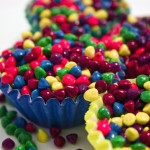Why should I wear a mouthguard?
Mouthguards should be used by anyone — children and adults — who not only participate in full contact sports like football and boxing but they are also recommended for lesser contact sports like soccer, basketball, and hockey.
When should I wear a mouthguard?
Mouthguards should be worn at all times during games and training for any sport that may involve contact to the face.
What does a mouthguard do?
Mouthguards are worn as a preventative measure to minimise the effect of trauma. They are made of a flexible material that is fitted to the upper teeth. Whilst being worn you mouthguard provides protection to the jaw, teeth, gums, lips and face. By dispersing and absorbing the force of a blow.
What types of mouthguards are available?
1. Stock mouthguards are preformed and come ready to wear. They are inexpensive and can be bought at most sporting goods stores. However, little can be done to adjust their fit, they are bulky, make breathing and talking difficult, and hence provide very little or no protection.
For this reason they will often spend more time out of your mouth than in it. Dentists including us at Redcliffe Smiles do not recommend their use.
2. Boil and bite mouthguards do work better than plain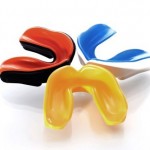 stock mouthguards and also can be bought at many sporting goods stores.
stock mouthguards and also can be bought at many sporting goods stores.
The “boil and bite” mouthguard is made from a mouldable material. It is placed in hot water to soften, then placed in the mouth and shaped around the teeth with your fingers. Although their fit is better than a plain stock mouthguard their bulkiness often makes them difficult to wear.
3.Custom-fitted mouthguards
At Redcliffe Smiles we recommend all players especially those playing in contact sports, wear a custom made and fitted mouthguard. These are individually made, to fit you perfectly to ensure that they provide the best possible protection and are comfortable.
Our dentist’s Redcliffe Smiles are committed to providing the best fitting, affordable mouthguards possible.
We can personalise your mouthguard with almost unlimited colour options, decals and graphics.
 As proud sponsors of the Redcliffe Dolphins RLFC all Dolphins, all senior and juniors receive 20% off all Custom fitted mouthguards.
As proud sponsors of the Redcliffe Dolphins RLFC all Dolphins, all senior and juniors receive 20% off all Custom fitted mouthguards.
So call us on 3203 7177 for more information or visit us at www.redcliffesmiles.com.au.
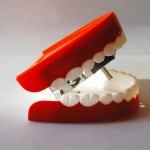
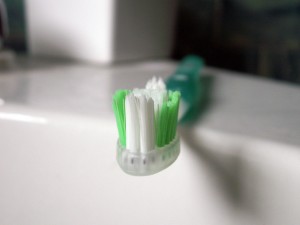 Brushing twice a day and flossing at least once a day it important but this alone will not completely care for your teeth. Food and debris can become trapped under your gums where your toothbrush and floss cannot reach. If left untreated, over a period of time this can cause problems such as decay or periodontal (gum) disease.
Brushing twice a day and flossing at least once a day it important but this alone will not completely care for your teeth. Food and debris can become trapped under your gums where your toothbrush and floss cannot reach. If left untreated, over a period of time this can cause problems such as decay or periodontal (gum) disease.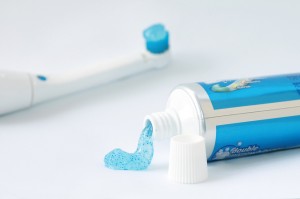
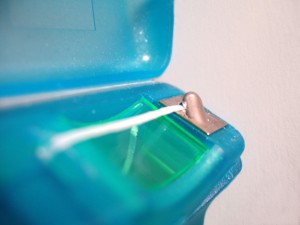
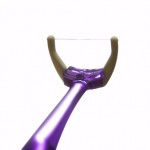
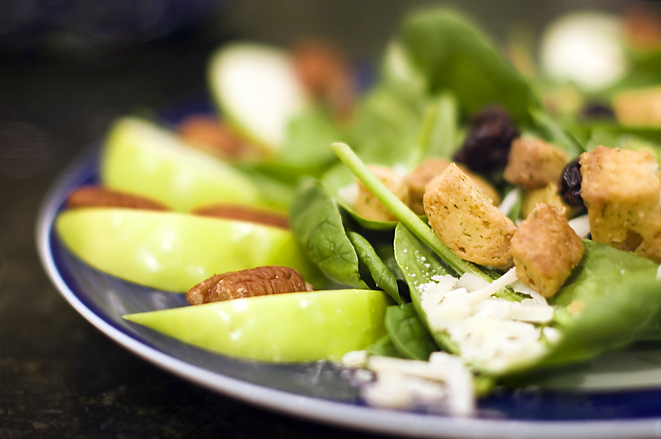 There are lots of things we can do that help maintain good oral health. But did you know that the food you eat also has a big impact on your teeth?
There are lots of things we can do that help maintain good oral health. But did you know that the food you eat also has a big impact on your teeth?